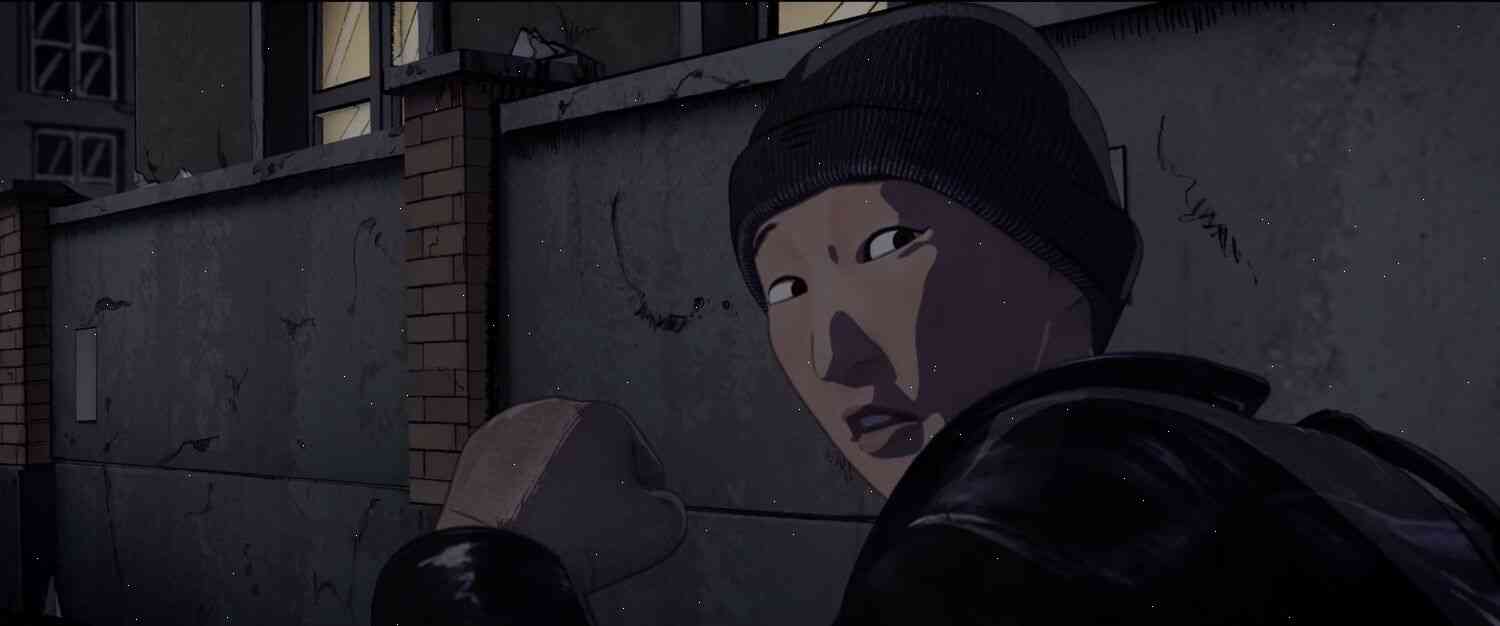Review: Bold 2002 takeover of Chinese state TV plays out in hybrid documentary ‘Eternal Spring’
“When you put out a documentary to a national audience, especially one set in China, you’re going to have to be very upfront with the facts.”
In 2002, Chinese state TV aired a documentary on the end of the Cultural Revolution, based on extensive testimony from a dozen people, including former leaders and members of the victims’ families, who recounted how their lives had been upended. The documentary aired every Sunday on China Central Television, the country’s biggest state network, and became the first “documentary in color” to be shown on Chinese TV, according to Stephen Gill.
The documentary was entitled “Eternal Spring.” And as it showed, if the series of events that had brought Mao Zedong to the top of the Communist Party of China had a beginning — and some said it did — it involved a series of incremental steps and a series of small changes.
“I think people don’t understand the significance of the Cultural Revolution,” says Yang Jisheng, a former Red Guard leader who worked to overthrow Mao in the early 1960s but who, after being expelled from the party, became an outspoken opponent of the Cultural Revolution. “It’s what we lived through that shaped us, and the things that happened to us.”
That’s not exactly the same as a documentary, but it is not quite a nonfiction documentary either. When Gill was commissioned in 1999 to make an investigative report for BBC News about a series of killings he believed stemmed from the Cultural Revolution, he chose documentary style. After being confronted by the program’s producers with the documentary’s premise, he changed his approach. The documentary had a beginning, but it didn’t end. He changed it into a longer documentary, which began at the end of the Cultural Revolution in 1976 and was finally broadcast on state TV in 2002.
“I would say that documentary style was actually the best way of making the documentary,” Gill says, describing his approach to the project. “It’s a little bit like your film noir. My films are all very formal, but you can’t ever be caught in the middle of a film noir. It has to be like a detective







